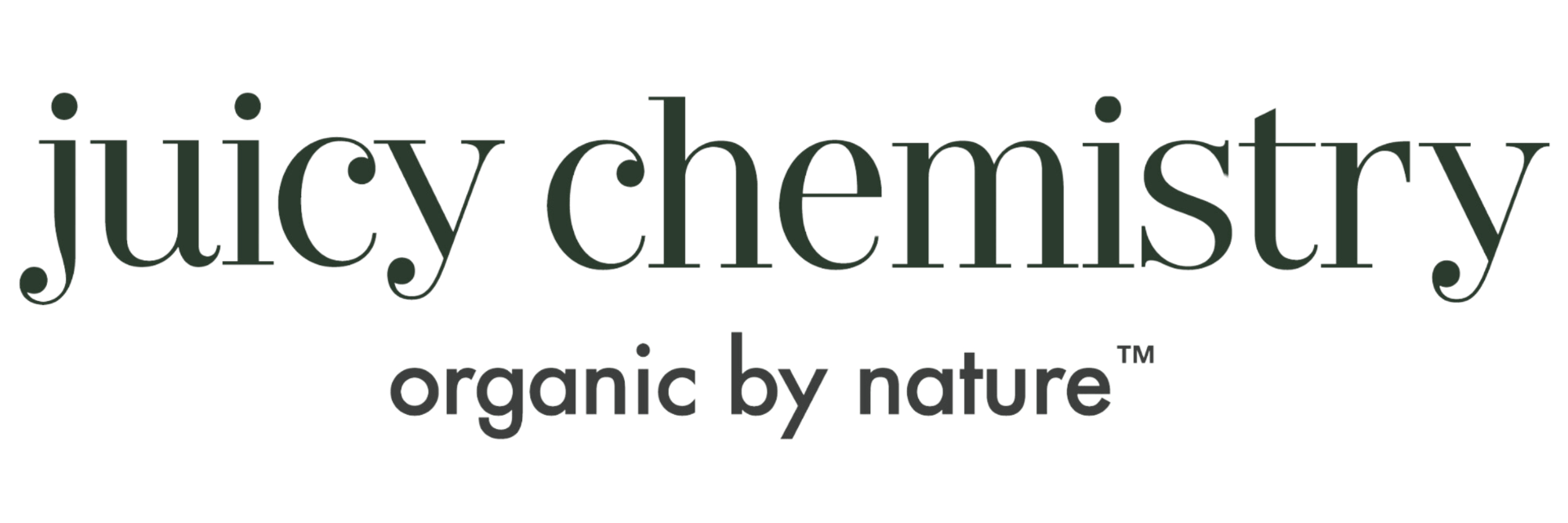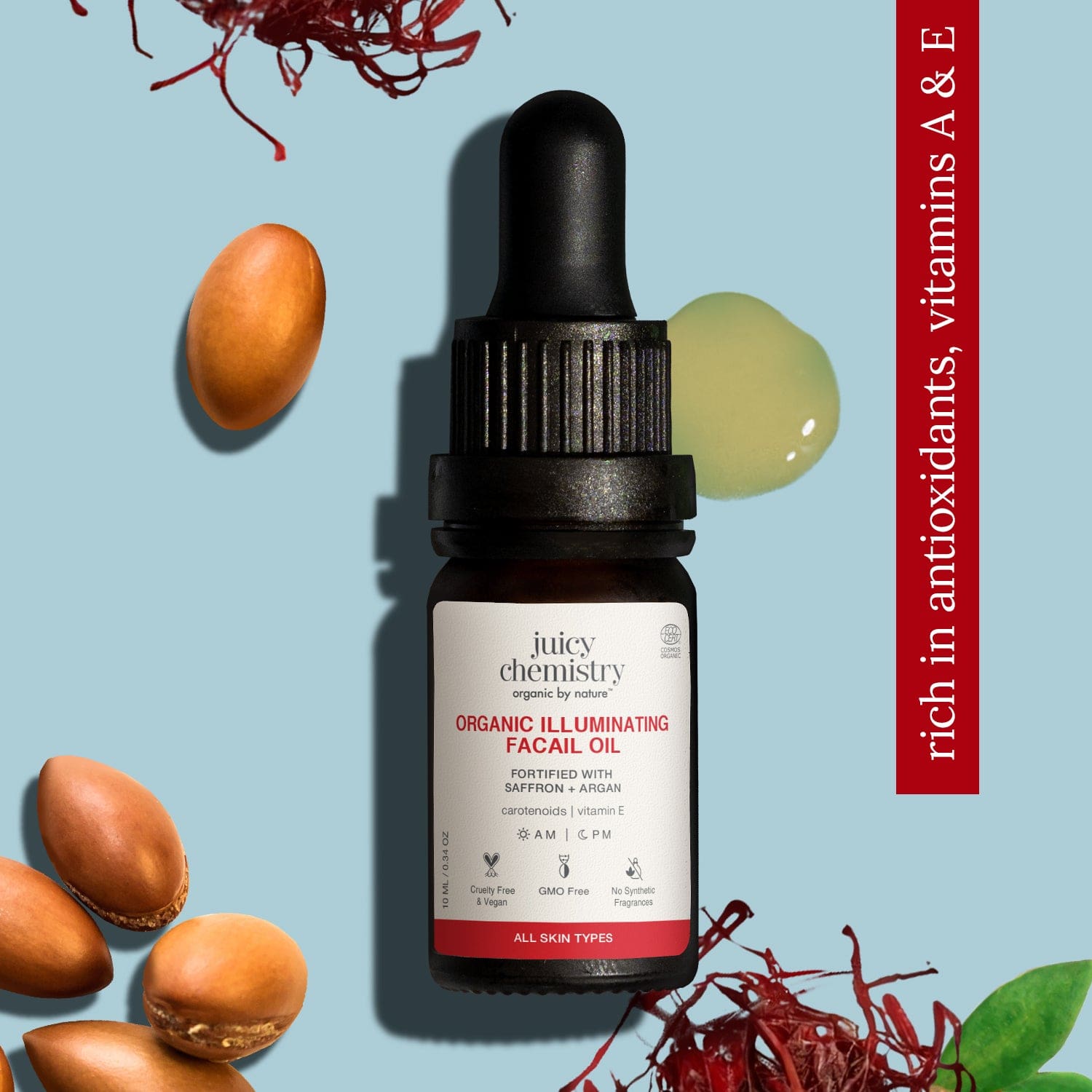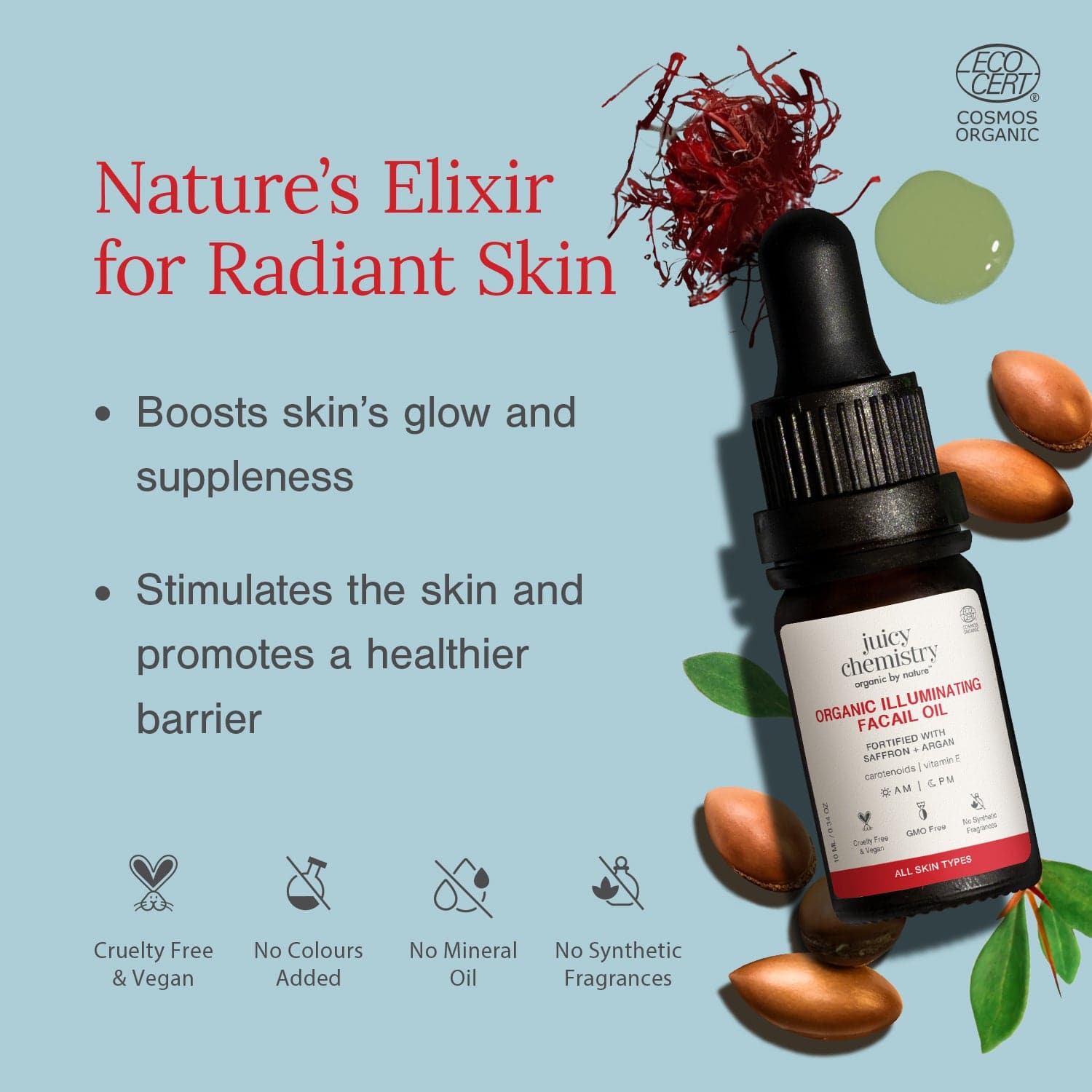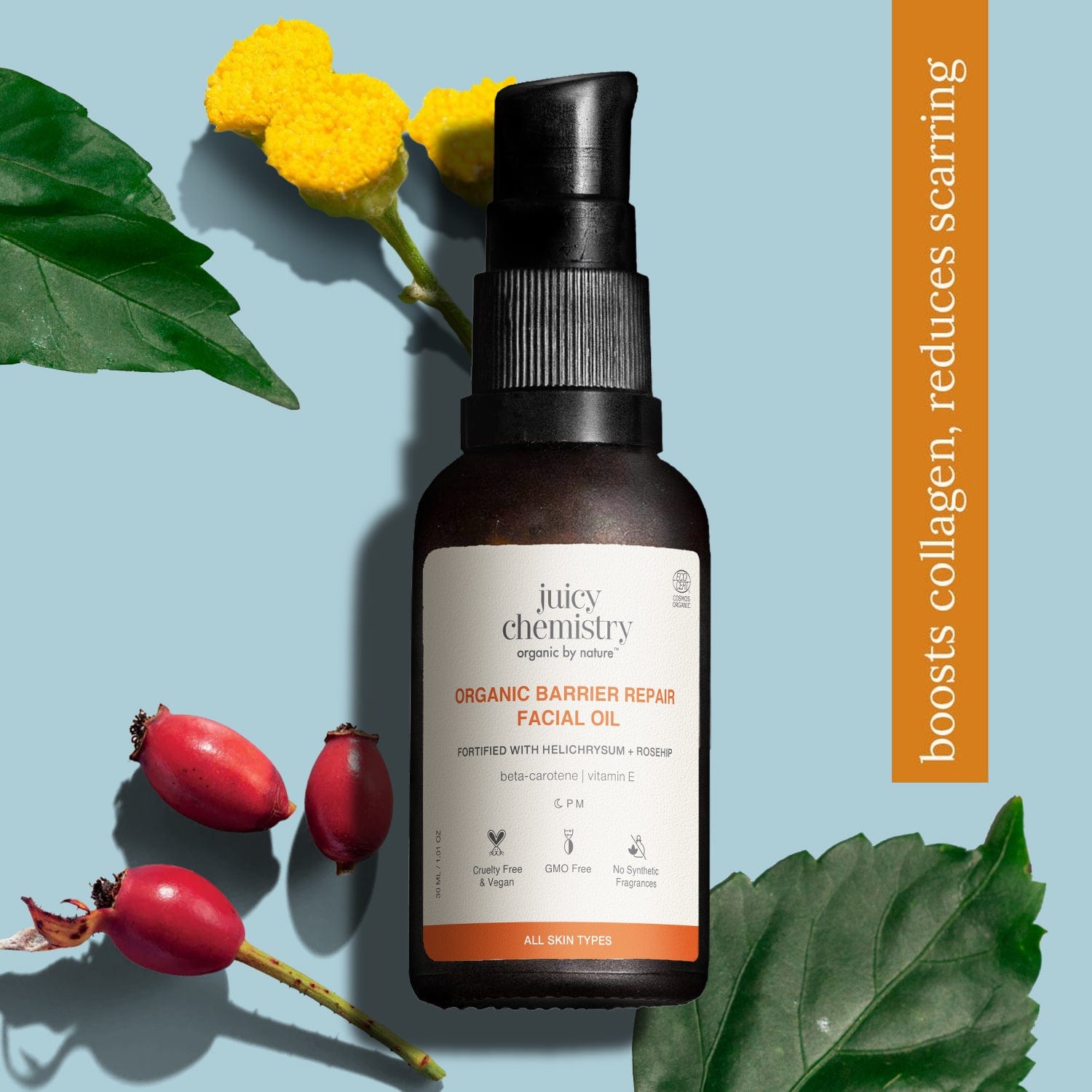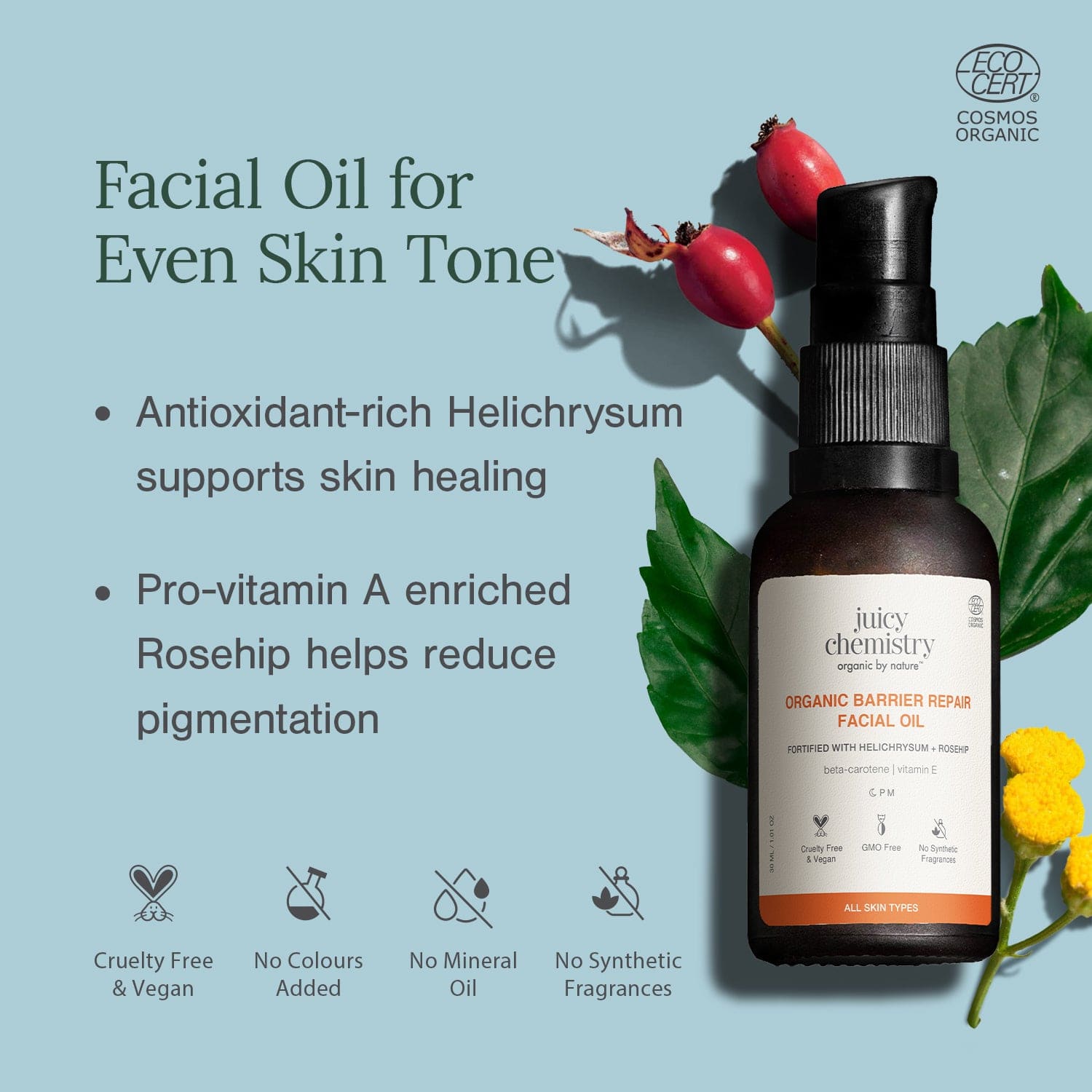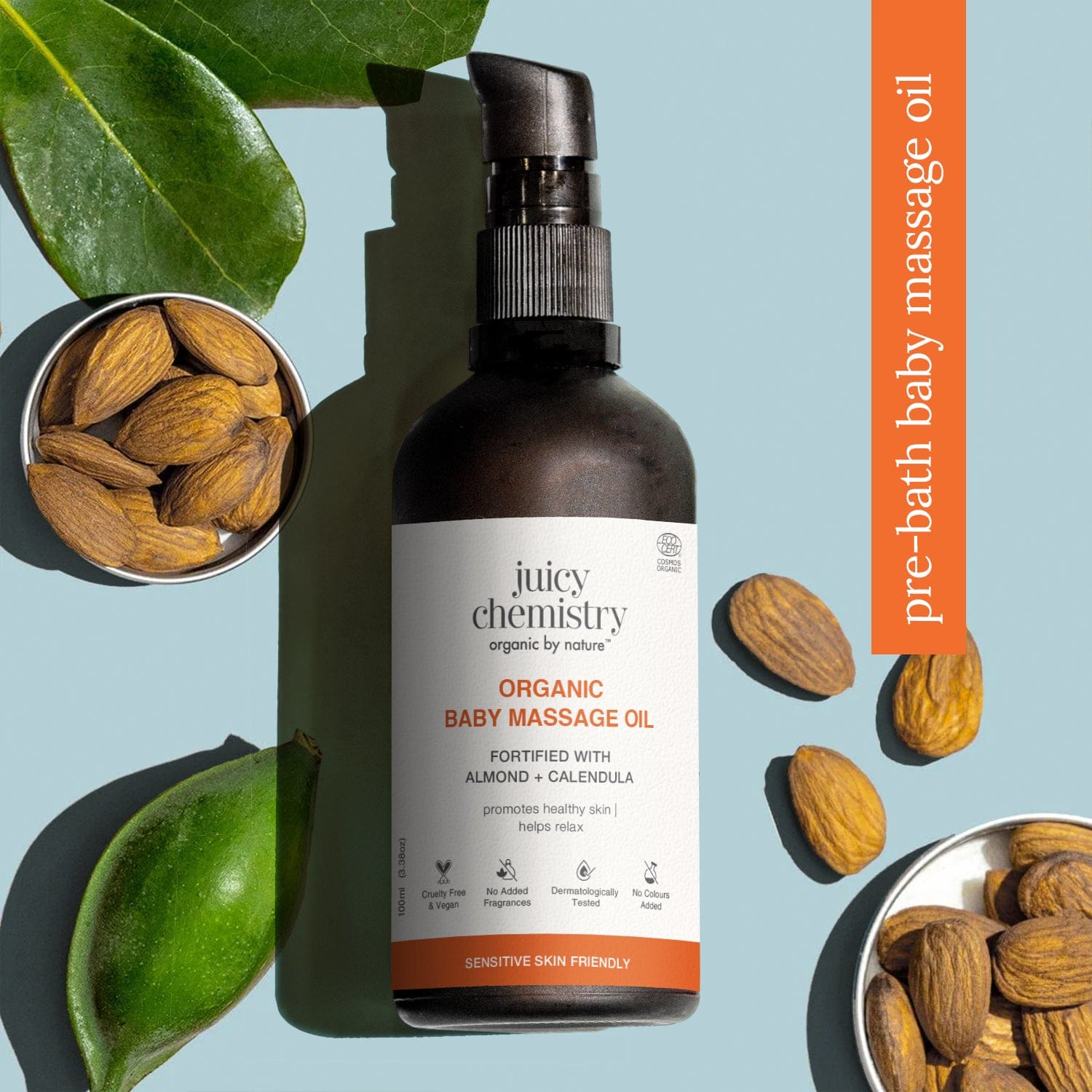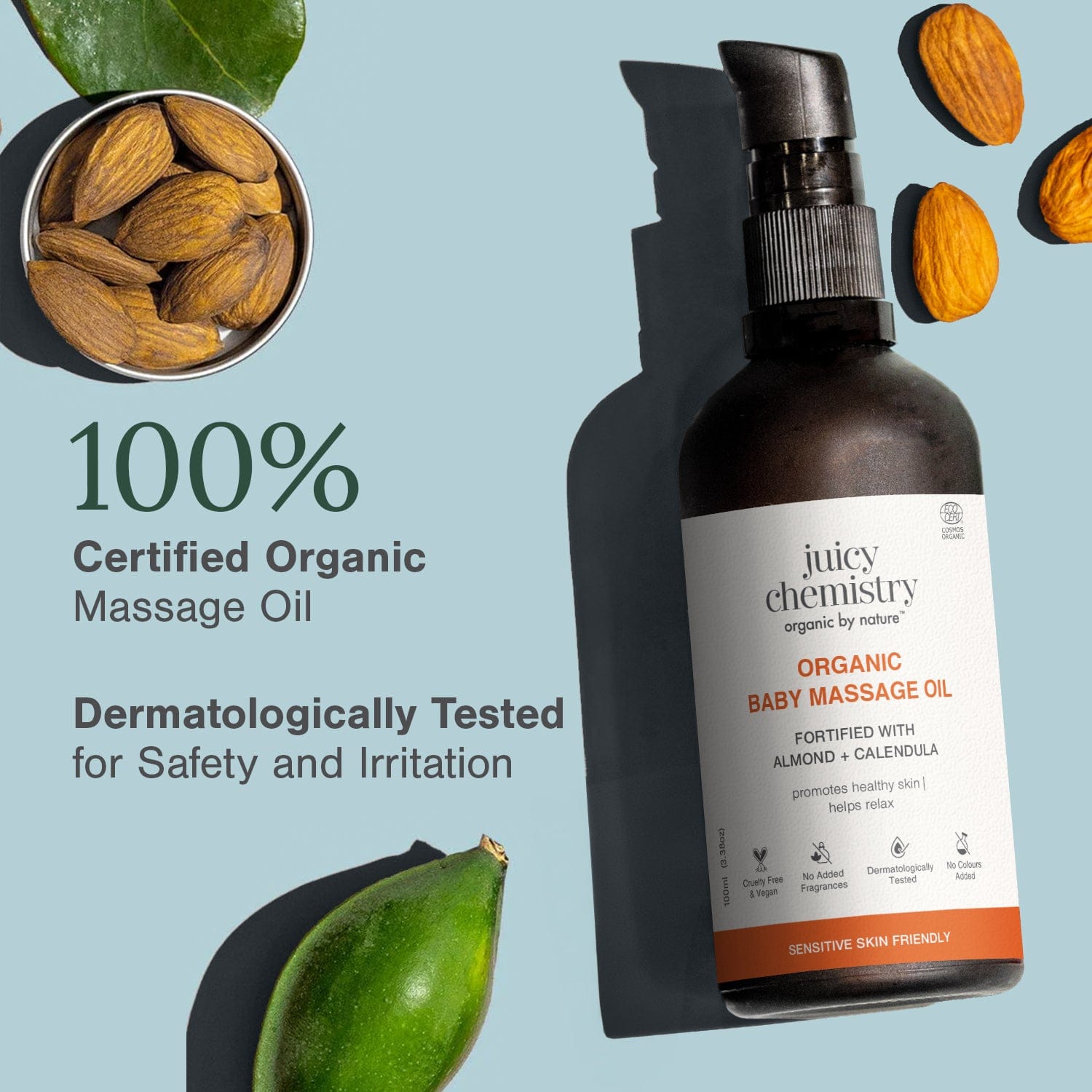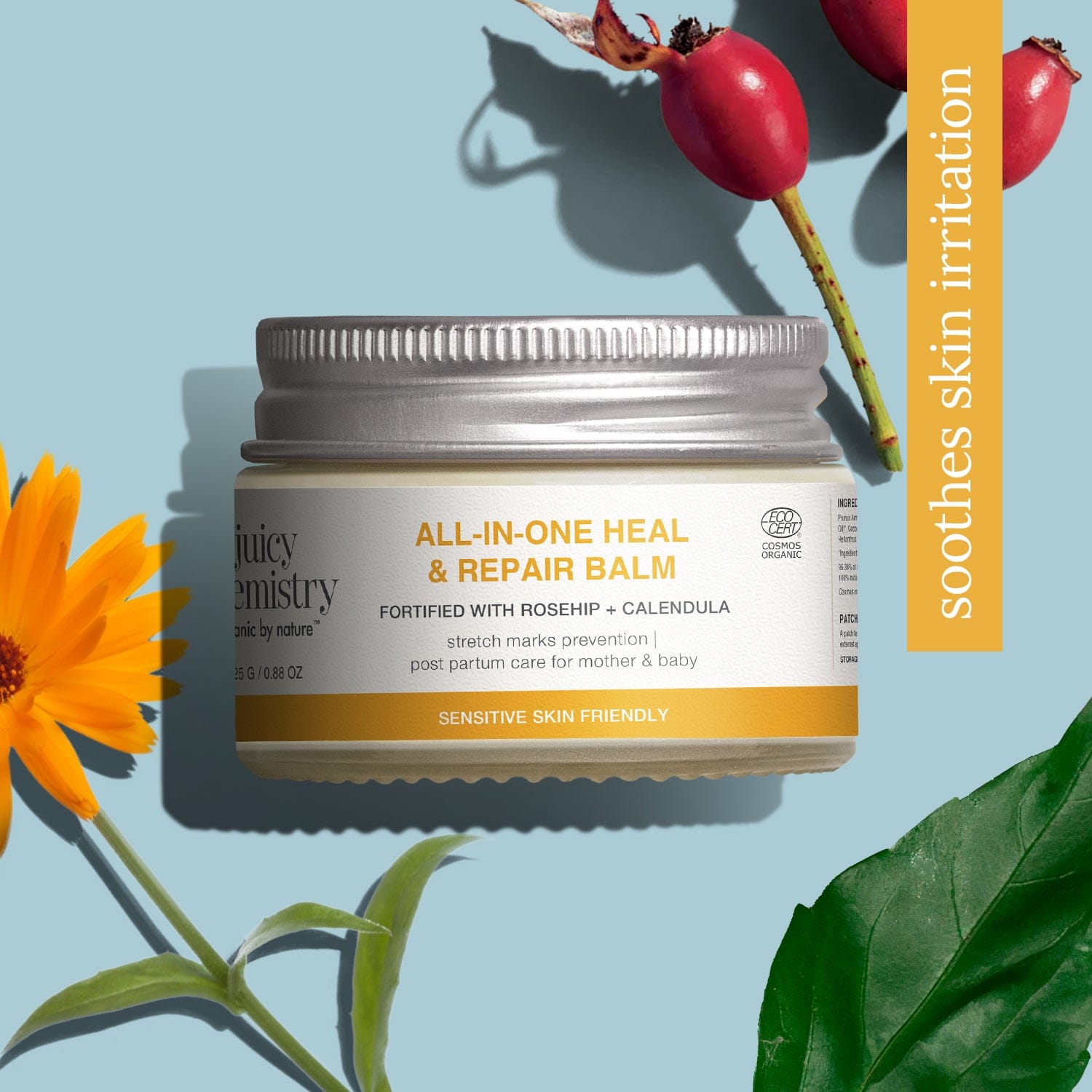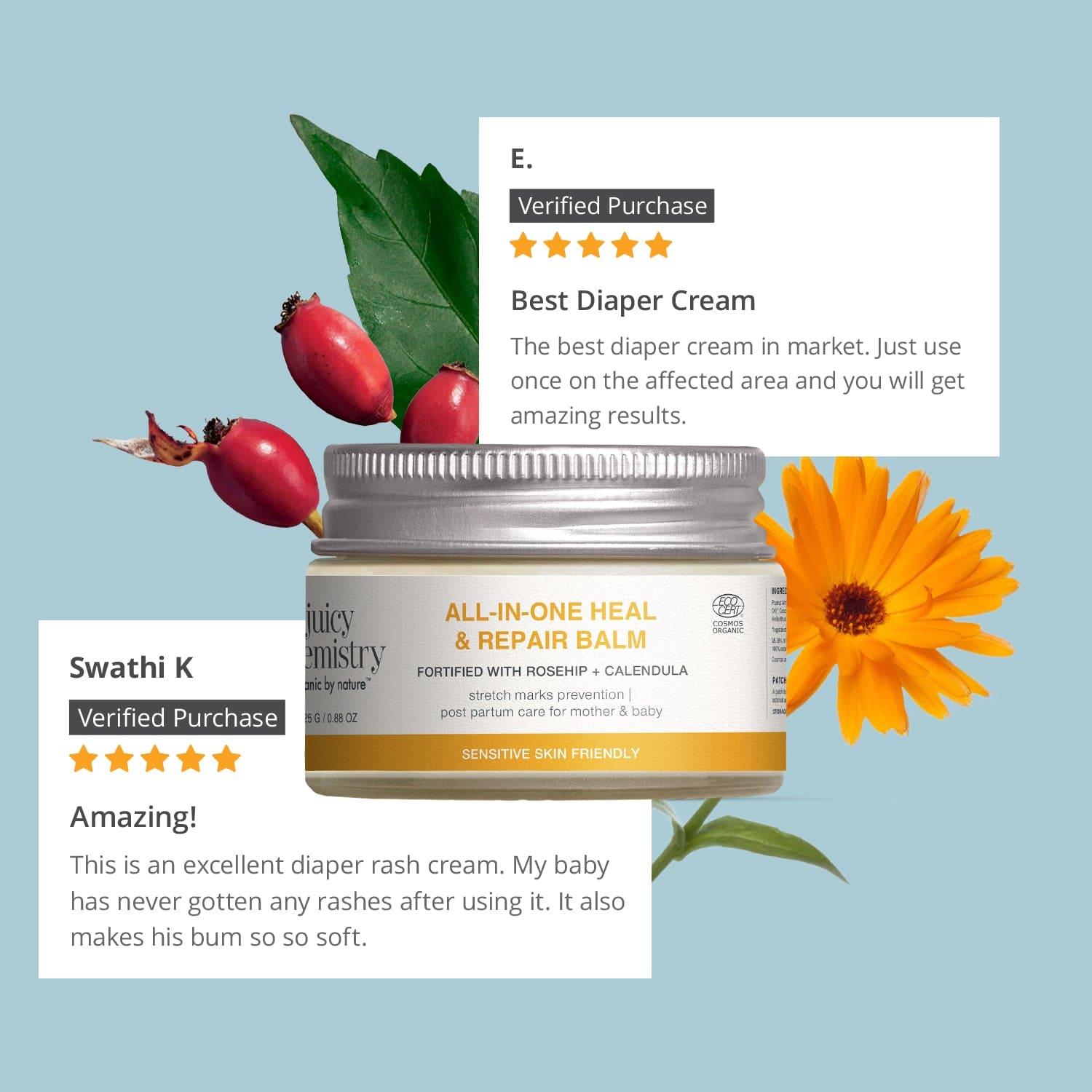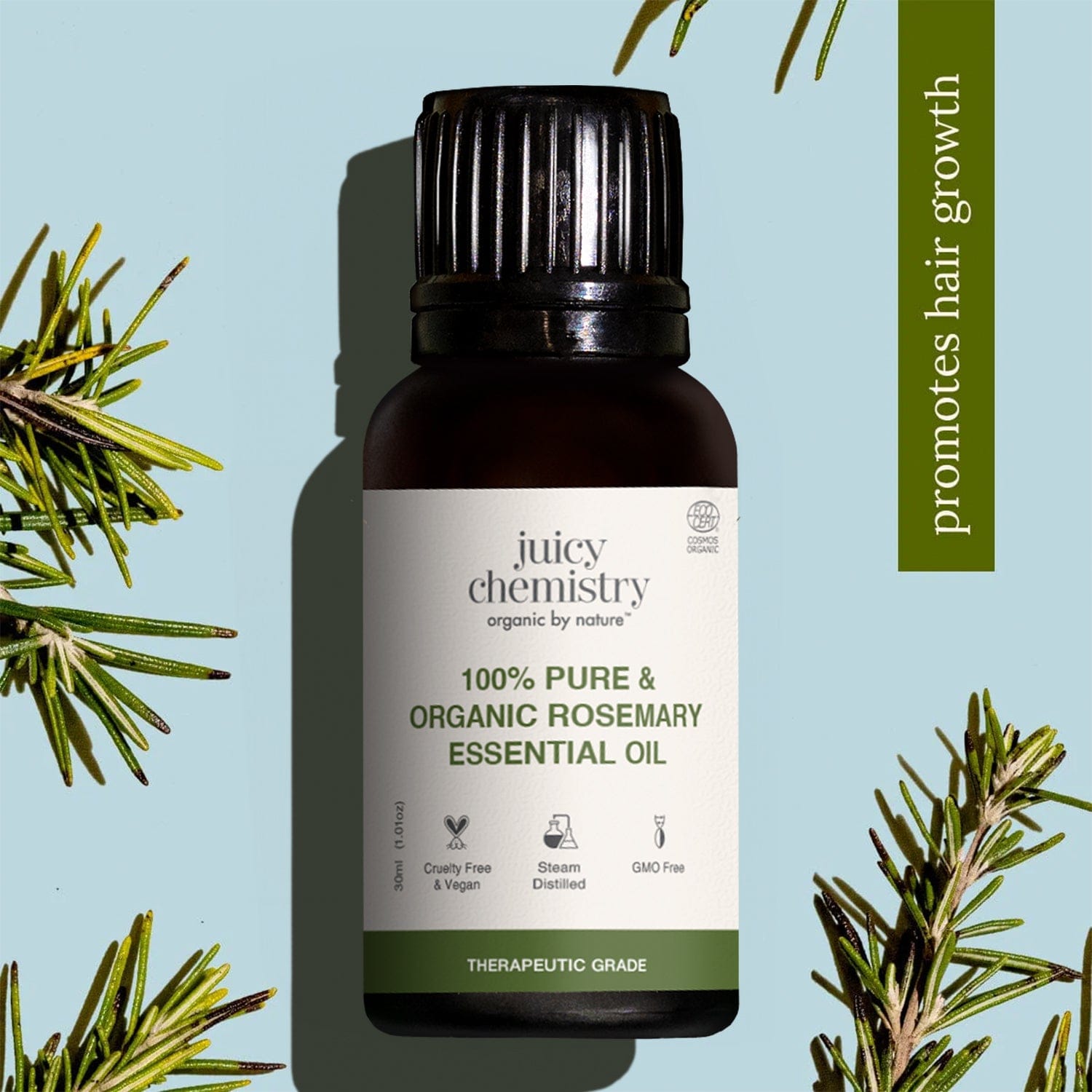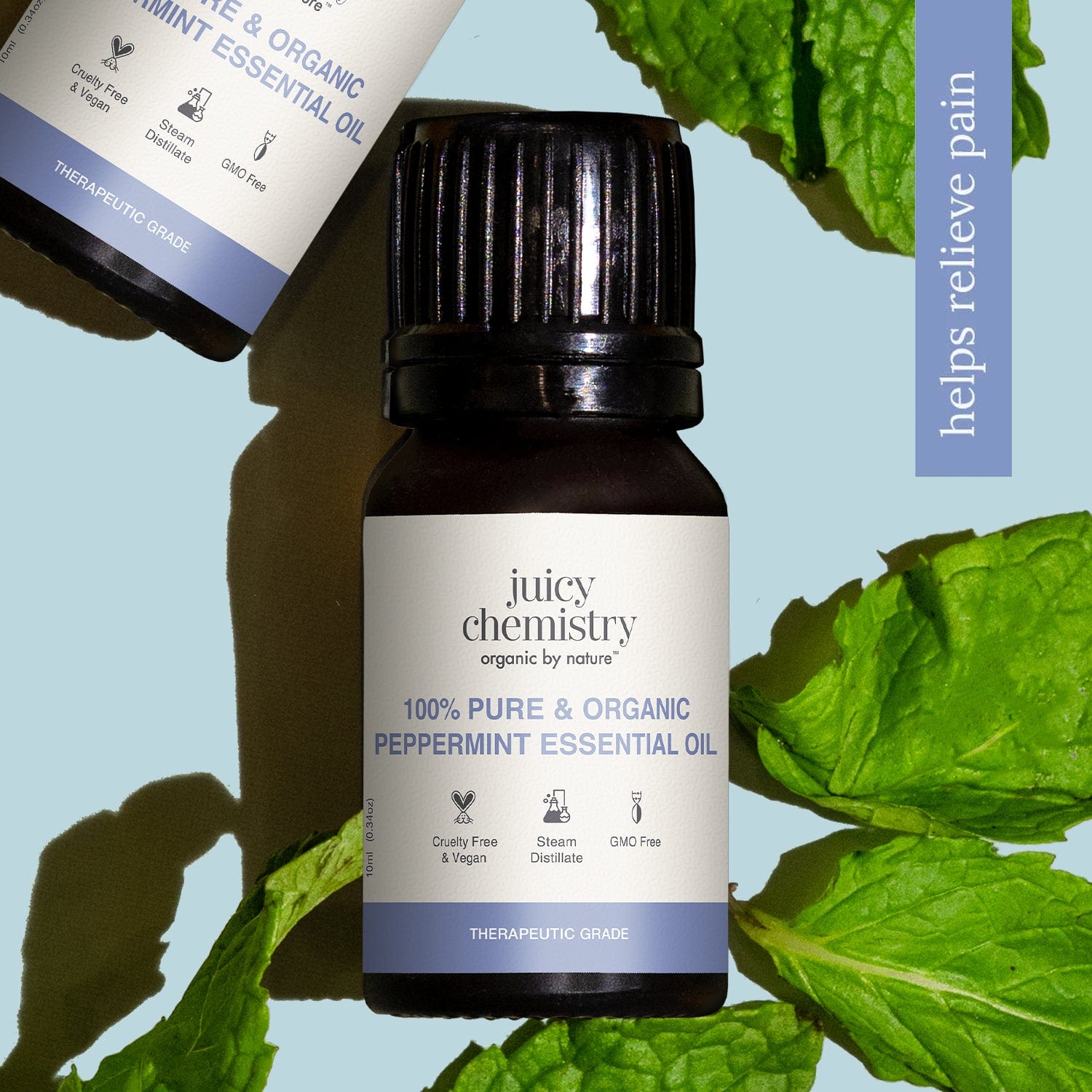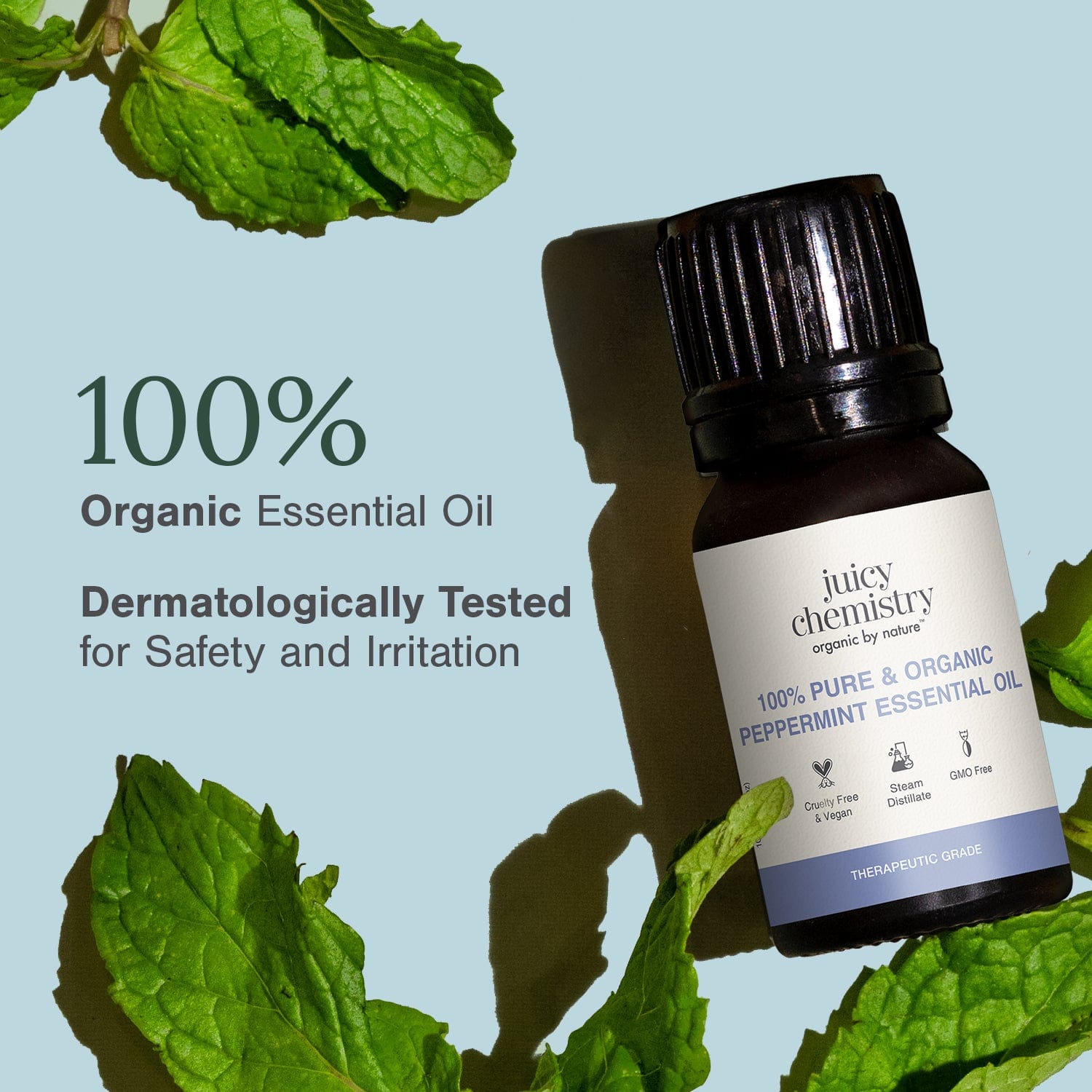Effective Skin Care Routine For Acne-Prone Skin
May 24, 2021
Acne is not solely an issue for teenage girls or women; it impacts individuals of all genders and ages. While some adults may only face acne for a brief time, others may endure a persistent condition that can last for several years.
Individuals with skin that is prone to acne often contend with hyperpigmentation and scars left behind by acne as a result. This condition not only affects the skin but can also significantly impact a person's self-esteem.
What Is Acne?
Acne, which is short for Acne vulgaris, is a dermatological issue that arises when a hair follicle becomes blocked, resulting in whiteheads, blackheads, or pimples. The obstructed pore is filled with dead skin cells, sebum, dirt, and other impurities.
Understanding Acne-Prone Skin
Certain individuals are more susceptible to developing acne, and as a result, they are classified as having acne-prone skin. This skin type is characterized by a tendency to easily develop acne and pimples. While it is commonly linked to oily skin, even those with dry skin can also have acne-prone skin.
Different Varieties of Acne
- Whiteheads are tiny blocked pores that may or may not progress into acne later on. The skin covering these pores remains closed, giving them a white appearance, which is how they got their name.
- Blackheads are clogged pores that remain open, allowing the sebum trapped inside to come into contact with air. This exposure causes oxidation, resulting in a black appearance, hence the term blackheads.
- Papules are small, red, sensitive bumps that arise from skin inflammation.
- Pustules are similar to papules but feature a whitehead due to pus accumulation at their tips.
- Nodules are large, solid, and painful lumps that develop beneath the skin.
- Cystic acne consists of painful, pus-filled lumps located on the skin's surface.
Individuals with skin that is prone to acne may deal with mild acne issues, while others may face moderate to severe cases. If you are experiencing ongoing moderate to severe acne, it is advisable to seek the expertise of a dermatologist or an esthetician instead of attempting to treat the skin issues on your own.
Regardless of the situation, no matter how tempting it may seem, refrain from picking at your acne. This can result in lasting scars on your skin. Allow the acne to heal naturally or with the skincare products you are currently using. Avoid picking at your acne at all costs.
Factors Contributing to Acne
-
Genetics or Skin Type
Individuals with oily skin naturally produce an excess of oil or sebum. This surplus can easily block pores, resulting in acne on the forehead, cheeks, jawline, and other areas.
Conversely, those with dry skin may also develop acne, even in the absence of excess sebum, as their skin tends to clog more readily.
-
Hormonal Fluctuations
Hormones significantly influence the body's functions, so it’s not surprising that skin can be affected by hormonal shifts.
Certain hormones can enhance sebum production in sebaceous glands, making the skin more susceptible to acne. This is particularly evident during adolescence when hormonal levels surge during puberty. Additionally, some women may notice acne flare-ups prior to their menstrual cycle.
-
Medications
Certain pharmaceuticals prescribed for various health issues can lead to acne, manifesting as heat boils or small bumps on the skin.
-
Dietary Choices
While there is no definitive scientific evidence linking specific foods to acne, some items can trigger inflammation. Identifying and avoiding these foods may benefit individuals with acne-prone skin.
It’s advisable to consult with a dietitian or healthcare provider before eliminating entire food groups in an effort to manage acne.
-
Inappropriate Skincare Products
To effectively manage acne-prone skin, it’s essential to adhere to a suitable skincare regimen. However, using products that are not tailored to your skin type can exacerbate acne.
Skincare Regimen for Acne-Prone Skin
An effective skincare routine for acne involves daily cleansing, toning, and moisturizing, along with biweekly masking and gentle exfoliation. However, consider the following guidelines before initiating any skincare regimen:
- Limit the use of your acne face wash to no more than twice daily to prevent skin dryness.
- Always remove makeup or sunscreen before bedtime to keep pores clear.
- Allow a minimum of four weeks to assess whether a specific skincare routine is effective.
- Introduce new products gradually, one at a time, rather than all at once.
- Conduct a patch test before trying any new product to check for potential skin irritation or allergies.
- Be gentle with your skin when applying products, especially if you have active acne.
Both oily and dry skin types will require different products in their routines, as they contain distinct ingredients that cater to the specific needs of each skin type.
Juicy Chemistry Products for Skincare Routine Targeting Oily, Acne-Prone Skin
Juicy Chemistry Tea Tree, Neem & Rosemary Organic Cold Pressed Soap
This mild cleansing soap effectively detoxifies skin pores while refreshing, hydrating, and nourishing the skin.
Juicy Chemistry Hemp, Tea Tree & Neem Organic Face Wash
Designed specifically for acne-prone skin, this face wash is nourishing and crafted with saponified oils. It is particularly beneficial for oily skin types as it aids in balancing sebum production.
Juicy Chemistry Australian Tea Tree & Basil Water Toner
An exceptionally hydrating and calming toner mist that helps to prevent acne and soothe inflammation.
Juicy Chemistry Cold Pressed Hemp Seed Carrier Oil
This non-comedogenic oil serves as an excellent moisturizer for acne-prone skin. It is packed with vitamins, minerals, and antioxidants that contribute to overall skin wellness.
Additionally, you can utilize the Juicy Chemistry Frankincense & Hemp Facial Oil as a targeted spot treatment.
Juicy Chemistry BHA Clarifying Serum
A powerful serum containing cellular extracts from willow bark, white tea, and turmeric, which effectively controls and prevents bacterial growth and inflammation associated with acne.
Juicy Chemistry Products for Skincare Routine Targeting Dry, Acne-Prone Skin
Juicy Chemistry Papaya, Apricot & Mandarin Cold Pressed Soap
This soap utilizes the healing and antioxidant benefits of papaya, combined with a selection of essential oils that work to calm dry, acne-prone skin, thoroughly cleanse the pores, and keep the skin moisturized.
Juicy Chemistry Lavender Water Toner
This toner mist provides hydration and nourishment to the skin. The lavender hydrosol aids in balancing the skin and restoring its pH levels.
Juicy Chemistry Cold Pressed Argan Carrier Oil
Argan oil is a non-comedogenic oil that enhances skin elasticity, delivers moisture, and helps maintain skin balance.
Juicy Chemistry AHA Polishing Serum
This powerful serum contains cellular extracts from Roselle, Queen Garnet, and Davidson plum, which gently exfoliate the skin and help diminish hyperpigmentation.
A skincare regimen for acne-prone skin doesn’t need to be intricate. Instead, it should be straightforward to effectively benefit your skin. The routine should harmonize with your skin to achieve clear, healthy skin in a short period.
Frequently Asked Questions
-
What is the best face wash for treating pimples?
The ideal face wash for pimples is one that cleans your skin without removing its natural oils. A dedicated acne face wash alone cannot cure or heal acne or pimples. It is essential to adhere to a skincare routine designed for acne-prone skin to effectively treat and heal breakouts. -
Is applying toothpaste on acne beneficial?
Absolutely not! Numerous DIY enthusiasts advocate for this method of drying out acne overnight by applying toothpaste directly onto it. However, toothpaste does not aid in the healing of acne. It may leave a mark on your skin due to the various ingredients contained in the toothpaste. -
What are effective methods for eliminating acne scars?
A simple technique to help diminish acne scars is to gently massage the skin to enhance blood circulation and rejuvenate skin cells. For facial massages, it’s advisable to use a high-quality oil like Juicy Chemistry Cold Pressed Hemp Seed Carrier Oil, which provides a smooth glide for your massage strokes without tugging or pulling at your skin. Acne scars will gradually fade on their own, typically taking several months to see significant improvement.
References:
https://www.ncbi.nlm.nih.gov/books/NBK279208/
https://www.niams.nih.gov/health-topics/acne/advanced
https://www.niams.nih.gov/health-topics/acne/advanced#tab-types
https://www.niams.nih.gov/health-topics/acne/advanced#tab-living-with
https://www.aad.org/public/diseases/acne/diy/types-breakouts
https://pubmed.ncbi.nlm.nih.gov/12121555/
